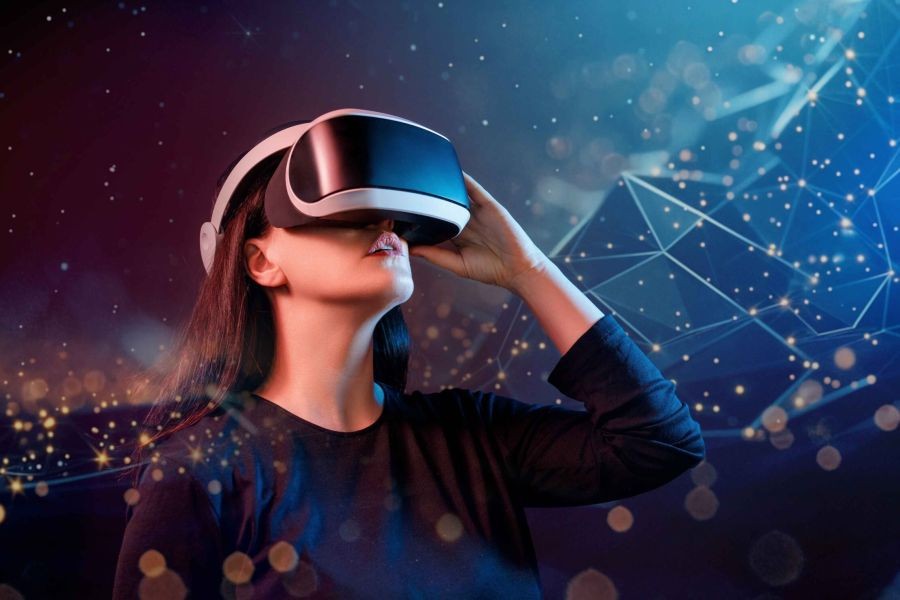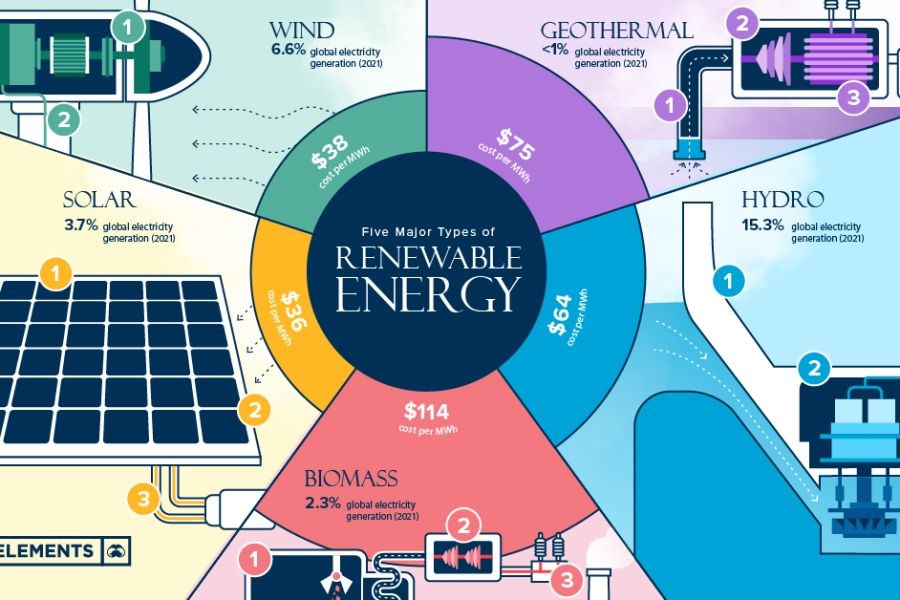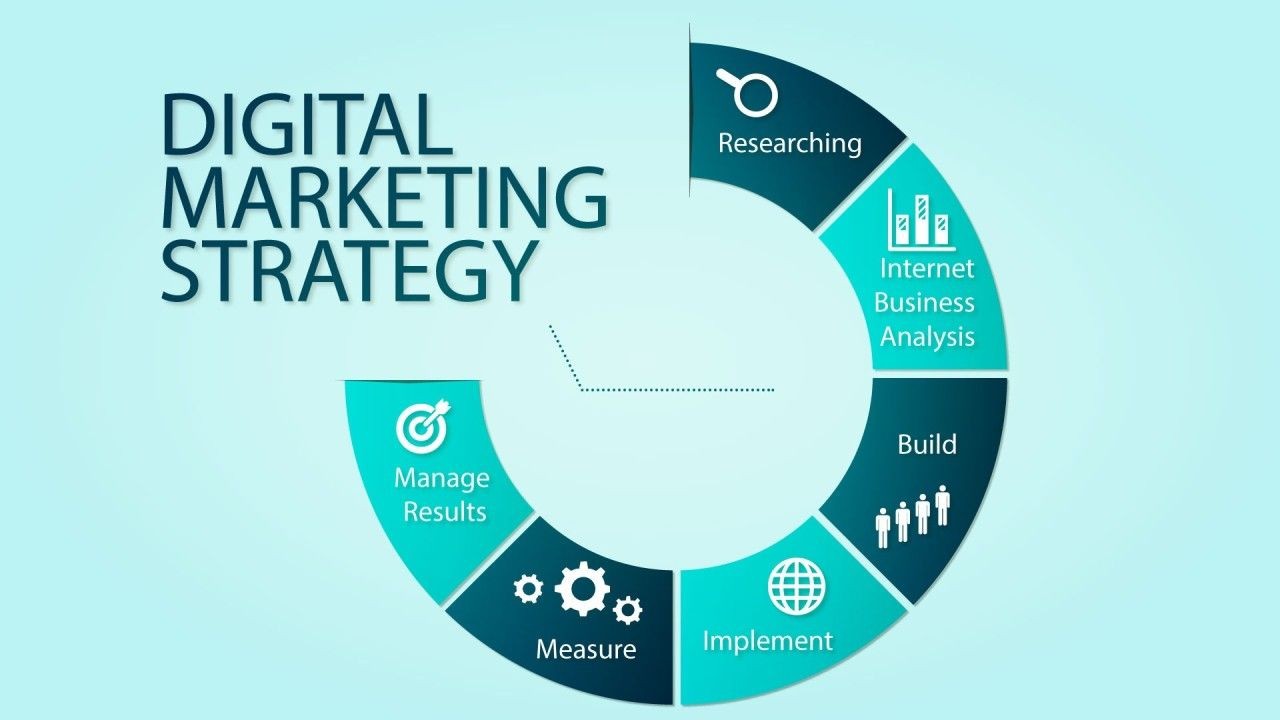Virtual reality (VR) is not just a futuristic concept reserved for gamers and tech-savvy individuals; it is rapidly transforming the landscape of online shopping. For New Zealand businesses, leveraging VR technology could be the key to staying competitive in a digital-first world. This article explores how VR is set to revolutionize online shopping, offering insights specifically tailored to the New Zealand market.
1. Immersive Shopping Experiences
Virtual reality allows consumers to experience products in a 3D environment, offering a level of immersion that traditional online shopping cannot match. For instance, a consumer in Auckland can virtually walk through a store in London, examine products closely, and make informed purchasing decisions. This can significantly reduce the return rates, which is a growing concern for e-commerce businesses globally.
2. Enhanced Customer Engagement
According to a report by NZTech, businesses that incorporate VR into their shopping platforms see a 30% increase in customer engagement. VR offers interactive features that keep consumers on the site longer, increasing the likelihood of a purchase. For New Zealand retailers, this means more sales and better customer loyalty.
3. Personalization at Scale
VR technology can collect and analyze data to offer personalized shopping experiences. Imagine a scenario where a Wellington-based customer is greeted by a virtual assistant that knows their preferences and recommends products accordingly. This level of personalization is set to redefine customer expectations and business strategies alike.
4. Cost-Effective Virtual Showrooms
Setting up a physical showroom can be costly, especially with New Zealand's real estate prices. VR offers a cost-effective alternative by creating virtual showrooms that are accessible to anyone with a VR headset. This innovation can be particularly beneficial for small businesses looking to expand their reach without the overhead costs.
5. Reducing Returns and Increasing Satisfaction
One of the biggest challenges in e-commerce is the high rate of returns. VR allows customers to "try before they buy," reducing uncertainty and increasing satisfaction. A study by the University of Auckland found that 70% of customers are less likely to return a product purchased after experiencing it in VR.
6. Case Study: IKEA's VR Shopping Experience
Case Study: IKEA – Redefining Furniture Shopping
Problem: IKEA, a leading furniture retailer, faced challenges in enabling customers to visualize how furniture would look in their homes.
Action: IKEA launched a VR app that allowed customers to place virtual furniture in their real-world environment using augmented reality.
Result: The app led to a 35% increase in online sales and reduced return rates by 15%.
Takeaway: New Zealand retailers can adopt similar VR strategies to enhance customer satisfaction and streamline operations.
7. Pros and Cons of VR Shopping
Pros:
- Higher Conversion Rates: Businesses report a 50% increase in conversion rates with VR.
- Global Reach: VR allows businesses to reach international customers without geographical constraints.
- Improved Customer Insights: Data collected through VR interactions provides valuable insights into consumer behavior.
Cons:
- High Initial Costs: Implementing VR technology requires significant investment.
- Technical Limitations: VR technology is still evolving, and not all consumers have access to VR headsets.
- Privacy Concerns: Data collection through VR can raise privacy issues among consumers.
8. Debunking Common Myths
Myth: "VR is only for large corporations."
Reality: Small to medium enterprises in New Zealand are successfully implementing VR, thanks to more affordable technology and software options.
Myth: "VR shopping is a passing trend."
Reality: VR is here to stay, with global investments in VR technologies expected to reach $30 billion by 2025, according to Deloitte.
9. Future Trends and Predictions
By 2030, it is predicted that 70% of all online shopping platforms will integrate some form of VR experience. This shift will be driven by rapid advancements in VR technology and increasing consumer demand for immersive shopping experiences.
10. Conclusion
Virtual reality is poised to revolutionize online shopping, offering immersive, personalized, and cost-effective solutions for businesses in New Zealand and beyond. As VR technology becomes more accessible, businesses that adopt it early will have a competitive edge. Are you ready to embrace the future of shopping? Share your thoughts and experiences in the comments below!
People Also Ask
- How does VR impact businesses in New Zealand? Businesses using VR report a 30% increase in customer engagement, according to NZTech.
- What are the biggest misconceptions about VR shopping? One common myth is that VR is only for large corporations. However, small and medium enterprises can also benefit from more affordable VR solutions.
Related Search Queries
- Virtual reality shopping New Zealand
- VR technology in e-commerce
- Future of online shopping
- Immersive shopping experiences
- Personalized shopping with VR


































Active Landscaping
6 months ago